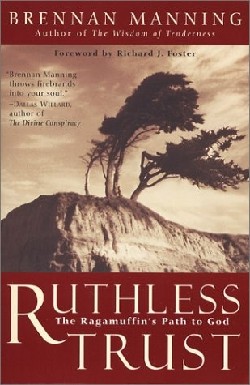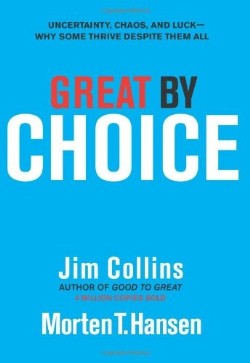Proving The Age Of The Earth
$20.00
Offering a quick look at how the age of the Earth should be calculated using the Bible and then showing how it dovetails marvelously with available scientific evidence, the author first builds a foundation for proper interpretation of the Bible and for correct understanding of recorded data from the sciences.
in stock within 3-5 days of online purchase
SKU (ISBN): 9780996807968
ISBN10: 0996807969
Brian Shepherd
Binding: Trade Paper
Published: January 2017
Publisher: Old Paths Publications
Print On Demand Product
Related products
-
Grief Observed
$15.99Add to cartWritten by C. S. Lewis with love and humility, this brief but poignant volume was first published in 1961 and courageously encounters the anger and heart-break that followed the death of his wife, an American-born poet, Joy Davidman. Handwritten entries from notebooks that Lewis found in his home capture the doubt and anguish that we all face in times of great loss. He questions his beliefs in this graceful and poignant affirmation of faith in the face of senseless loss.
-
Ruthless Trust : The Ragamuffins Path To God
$14.99Add to cartWe are made for the love of God, and nothing less will ever satisfy us. In his acclaimed bestseller, The Ragamuffin Gospel, Brennan Manning showed us the powerful truth that the divine gifts of love is ever present for us regardless of the state of our lives. Now in this challenging sequel, he turns to our primary obstacle to living fully within this divine love — the lack of “ruthless trust.”
Through rich stories and deep insights, Manning shows us how true and radical trust can transform everything in our lives. No matter where we are on our path of discipleship, he offers encouragement to shed the limitations of fear, shame, and doubt through complete reliance upon God. The way of Ruthless Trust is not an abstract theory; it is that very practical and demanding path that each of us must follow in response to God’s love.
-
Great By Choice
$29.99Add to cartThe new question
Ten years after the worldwide bestseller Good to Great, Jim Collins returns with another groundbreaking work, this time to ask: Why do some companies thrive in uncertainty, even chaos, and others do not? Based on nine years of research, buttressed by rigorous analysis and infused with engaging stories, Collins and his colleague, Morten Hansen, enumerate the principles for building a truly great enterprise in unpredictable, tumultuous, and fast-moving times.The new study
Great by Choice distinguishes itself from Collins’s prior work by its focus not just on performance, but also on the type of unstable environments faced by leaders today.With a team of more than twenty researchers, Collins and Hansen studied companies that rose to greatness-beating their industry indexes by a minimum of ten times over fifteen years-in environments characterized by big forces and rapid shifts that leaders could not predict or control. The research team then contrasted these “10X companies” to a carefully selected set of comparison companies that failed to achieve greatness in similarly extreme environments.
The new findings
The study results were full of provocative surprises. Such as:The best leaders were not more risk taking, more visionary, and more creative than the comparisons; they were more disciplined, more empirical, and more paranoid.
Innovation by itself turns out not to be the trump card in a chaotic and uncertain world; more important is the ability to scale innovation, to blend creativity with discipline.
Following the belief that leading in a “fast world” always requires “fast decisions” and “fast action” is a good way to get killed.
The great companies changed less in reaction to a radically changing world than the comparison companies.
The authors challenge conventional wisdom with thought-provoking, sticky, and supremely practical concepts. They include: 10Xers; the 20 Mile March; Fire Bullets, Then Cannonballs; Leading above the Death Line; Zoom Out, Then Zoom In; and the SMaC Recipe.Finally, in the last chapter, Collins and Hansen present their most provocative and original analysis: defining, quantifying, and studying the role of luck. The great companies and the leaders who built them were not luckier than the comparisons, but they did get a higher Return on Luck.
This book is classic Collins: contrarian, data-driven, and uplifting. He and Hansen show convincingly that, even in a chaotic and uncer






Reviews
There are no reviews yet.